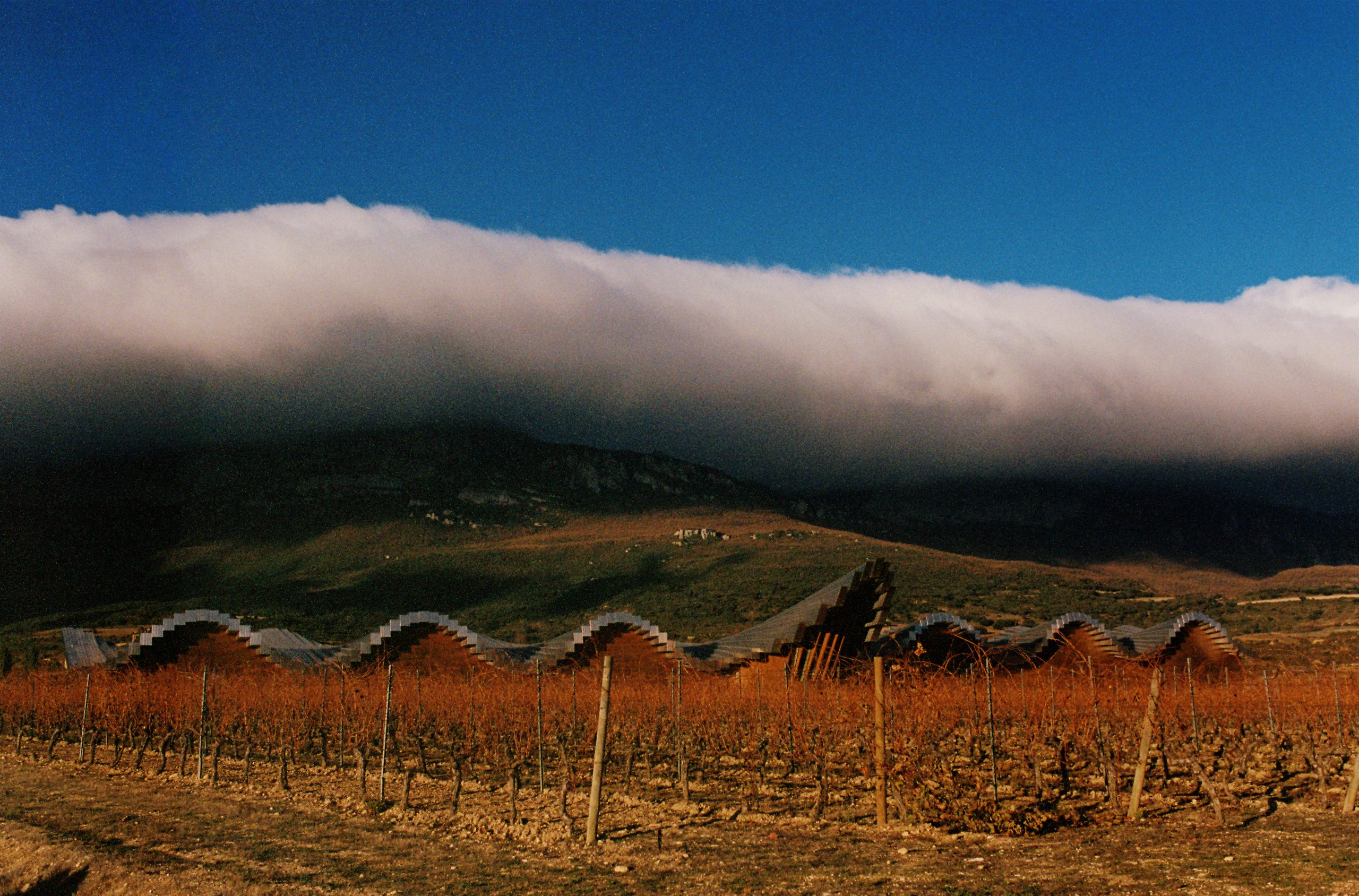Senior execs at Constellation Brands offload shares
Investors are questioning whether share sales this month by directors and senior executives at Constellation Brands might signal a sticky patch ahead.

Constellation Brands ended its two-tier share structure, and insiders have converted their holdings to reflect that reorganisation.
It was noted that the directors concerned did not retain their entire holdings following the conversions.
While there are myriad reasons (including tax planning) for directors to trim their holdings in a company, some investors take the trading in of a company’s stock as an indicator of potential future price movement.
The biggest sale was by Richard Sands, a director and 10% owner of Constellation. He realised US$14.3 million, but retains ownership of 20,429,181 shares through holdings in other companies owned through various Sands family limited partnerships.
The company’s president and CEO, Bill Newlands realised just over US$6 million and James A. Sabia Jr., executive vice president and president of beer, sold US$8.8 million worth of shares.
In addition, Kaneenat Carey, executive vice president and chief human resources officer, sold 330 shares worth US$77,000.
The recent transactions are part of a broader trend observed within the company, where there have been 20 insider sells and no insider buys over the past year.
Buoyant
Constellation has been one of the most buoyant in the alcohol sector, its share price doubling to US$237 today from the low at the height of uncertainty about the Coronavirus outbreak in spring 2000.
Partner Content
Unlike many of its industry peers whose shares have slumped this year, Constellation’s price has remained steady.
Its beer business has become the cornerstone of its operations, accounting for more than 80% of its revenues thanks to the growth of its Mexican brands Modelo and Corona, which are now the leading brands on the US beer market.
Recently it reported a near 6% increase in net sales and a 13% growth in operating income in its beer business for the second quarter of fiscal year 2025.
On the downside it is taking a goodwill hit of up to US$2.5 billion in its second quarter due to several quarters of poor sales in its wines and spirits arm which includes Robert Mondavi, Kim Crawford and Svedka vodka.
The company has also trimmed its annual enterprise net sales growth forecast to between 4% and 6%, compared with 6% to 7% previously estimated, as retailers reduce stocking wine and spirits and consumers pare back spending on pricier alcoholic beverages.
A large cloud looming over the company is the threat of import tariffs when Donald Trump becomes US President after 20 January.
He has promised to impose tariff barriers of at least 10% on all imports in a bid to spur Americans to buy more products produced at home and to punish those countries he sees as running huge trade gaps with the US, especially China.
If imposed, such penalties could increase prices and hit demand for Constellation’s Mexican-brewed beers.
Related news
Find out the UK’s most affordable cities for food and drink




